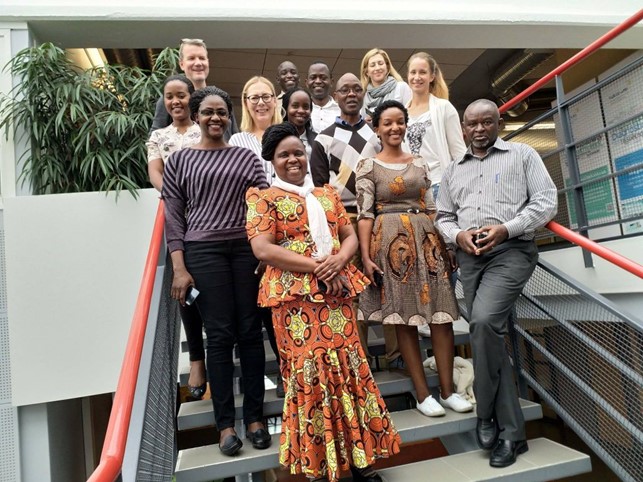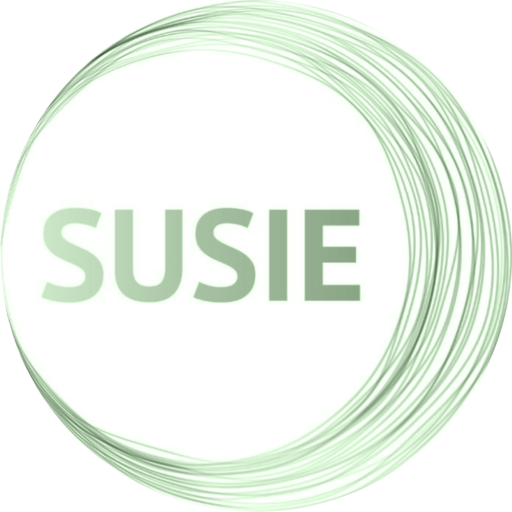IRIS Project 2017-2020
Sustainable Business and Employability through HEI’s Innovative Pedagogy (SUSIE) continues the development started by the IRIS project on Introducing Reverse Innovation to Higher Education Institutions (HEIs) in Tanzania (HEI ICI 2017-2020). In IRIS the partnership of Tanzanian Tumaini University Dar es Salaam College (TUDARCo) and Finnish Turku University of Applied Sciences (TUAS) focused on capacity building through pedagogy enhancement. Development of the FinTan Innovation Pedagogy Model was co-creative and inclusive process that proceeded systemically and extensively from current situation analysis till accreditation of the interactive community-based learning model to TUDARCo’s curricula.

FinTan Innovation Pedagogy Model is a medley of elements adopted from Finland and co-developed further to meet Tanzanian approaches. FinTan advocates active teaching and learning methods which maintain that working life competencies are not achieved in theory-based lectures but enriching theory with practical working life assignments. According to the Association of African Universities (2012), HEIs in Africa do not carry out their crucial role of community outreach effectively. TUDARCo was not an exception, but IRIS succeeded to fill the gap and linked the HEIs with local communities successfully. FinTan development proceeded through three (3) main actions:
- Mapping and engaging micro-entrepreneurs (Micro Es) with the HEI (121 micro-E’s),
- Training and testing active teaching and learning methods (HEI’s teachers 35; students 150),
- Service design workshops with library professionals to improve access to information (18 librarians; 32 library students; Designed Entrepreneur’s information help desk established to libraries).
The impact of IRIS can be seen and heard in TUDARCo practices and operations. The motivation of teachers increased, students indicate inspiration towards studies and especially, to work along with private, public and third sector. TUDARCO’s new active role in the community has been noticed and HEIs and TCU have been invited to events, sessions and round table discussions to present their new inclusive and responsible pedagogy approach. IRIS relied on the concept of reverse innovation thinking that refers to local initiatives which were developed among community members, thus innovations resonate with local needs and the ownership remains in the community enabling further processing locally.
SUSIE expands the results of IRIS in building HEIs capacity in Tanzania, increasing accessibility to studies and information, promoting innovation capabilities and creating concrete job opportunities for sustainable employment. Moreover, SUSIE improves circular economy thinking among both students and local communities. SUSIE is executed by TUAS and three partner Universities in Tanzania, together HEIs, NGO’s, authorities and private companies reach the objectives through three (3) result areas:
- Strengthened capacity building improved by sustainable leadership and strategy work,
- Enhanced relevance and pedagogical capacity by increasing active (e-) pedagogy competence of teachers,
- Improved accessible and interactive learning environments by establishing interactive Campus HUBs and e-learning facilities to public libraries.
The global challenges SUSIE targets are Sustainable Development Goals 4, 5, 8, 9, 10, 12 and 17. SUSIE also addresses Human Right Based Approach (HRBA), cross-cutting issues and contributes towards European Unions’ Africa-strategy (https://www.africa-eu-partnership.org). SUSIE has been planned in tight cooperation with all partners, in an open and equal manner. Two face-to-face planning sessions and continuous active communication to contribute to the proposal.
